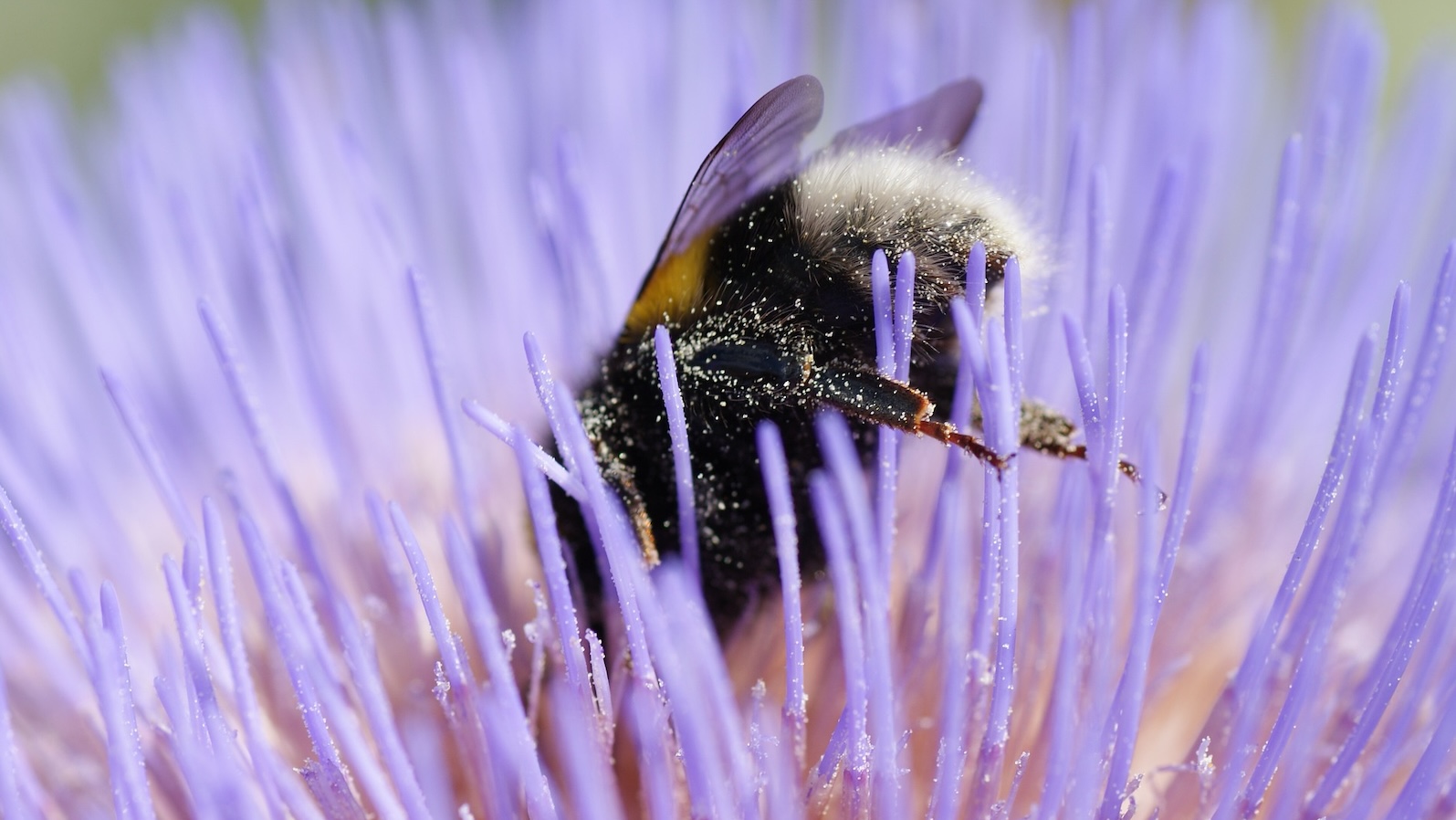
Help save the bees with a matched donation this Earth Day
Until midnight on April 22, generous donors will match your Earth Day gift, up to $50,000 nationwide. Will you donate to have twice the impact?
In a bit of good news, a federal pesticide tracking program, set to expire, has been restored.
We just learned that the U.S. Geological Survey (USGS) has reversed its decision to partially shutter its pesticide tracking program. Thankfully, the agency will continue to track where and how pesticides are used in America.
This is a small but important step. Understanding our country’s pesticide use is critical to protecting pollinators and the health of our ecosystems.
Scientists, academics, researchers and advocates get a handle on the scale of our pesticide problem if there’s good data, and there’s no other data source on pesticides like this one.
We joined with more than 100 other organizations asking the USGS to restore this program, and our national network collected tens of thousands of comments to save it.
Among the many reasons why this matters, pesticides are decimating bee populations. It would be a lot harder to protect pollinators if we didn’t know where and when bee-killing pesticides were being used. Knowing can help us better protect bees, butterflies and other pollinators from deadly impacts.
The National Pesticide Use Maps database is a critical tool for monitoring pesticide use across the nation and estimating water pollution from the pesticides. For example, here’s the map for 2, 4-D.
Below is the map for glyphosate, the active ingredient in Roundup.
Armed with more information about our pesticide problem, we can begin to take the next step to help save the bees, butterflies and other wildlife: reducing pesticide use.
Bravo to the USGS for restoring this program. Perhaps the agency needed to be reminded of the importance of its own database, and utility of it for the many who used it.
As Alan Kolok, a ecotoxicologist at the University of Idaho, succinctly said about scientists’ reliance on the database, “I don’t think USGS had any inclination that that type of work was going on.”
Until midnight on April 22, generous donors will match your Earth Day gift, up to $50,000 nationwide. Will you donate to have twice the impact?
Donate Today
Senior Director, Conservation America Campaign, Environment America Research & Policy Center
Lead Digital Campaigner
